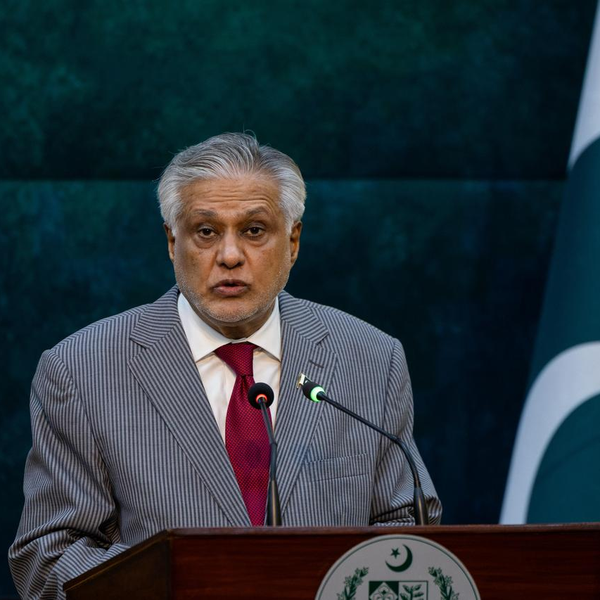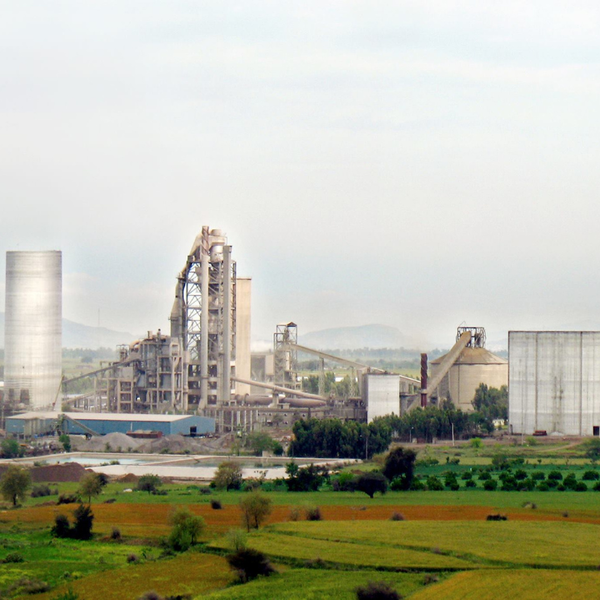Pakistan implements structural reforms to strengthen economy, says finance minister
Aurangzeb highlights progress on energy, pensions, and debt management in economic survey launch
Business Desk
The Business Desk tracks economic trends, market movements, and business developments, offering analysis of both local and global financial news.

Finance Minister Muhammad Aurangzeb announced Monday that the government has implemented key structural reforms to ensure sustainable economic growth and will continue these measures in the coming fiscal years.
Speaking at the launch of the Economic Survey of Pakistan, Aurangzeb highlighted progress in several sectors, including energy, pensions and fiscal management.
He noted that recoveries in power distribution companies (DISCOs) have improved following governance reforms, including the establishment of professional boards.
The government has also secured PKR 1.25 trillion through banks to address circular debt, a longstanding issue burdening the energy sector. Additionally, declining interest rates are projected to save between PKR 800 billion and PKR 1.0 trillion in interest expenses for the 2024-25 fiscal year.
Aurangzeb confirmed that a defined contribution pension plan for new government recruits will take effect July 1, 2024, as part of efforts to overhaul the pension system. Meanwhile, rightsizing of the federal government is underway and being implemented "with true spirit," he said, without providing further details.
Full-year remittances for 2024-25 are expected to reach $37-38 billion, while freelancers contributed over $400 million to Pakistan’s $3.1 billion in IT exports.
The minister cited International Monetary Fund projections, noting global economic growth is expected to slow to 2.8% in 2025, down from 3.3% in 2024. Domestically, the average maturity of government debt has increased from 2.9 to 3.5 years, meeting one of the IMF’s key targets.
Aurangzeb also referenced climate challenges, stating that 2024 was Pakistan’s ninth-warmest year in 64 years, with an average temperature of 23.52 degrees Celsius (74.34 Fahrenheit) and rainfall 31% above historical levels.
The reforms signal the government’s commitment to stabilizing the economy amid global uncertainties and domestic fiscal pressures. Further details are expected in the upcoming federal budget.







Comments
See what people are discussing